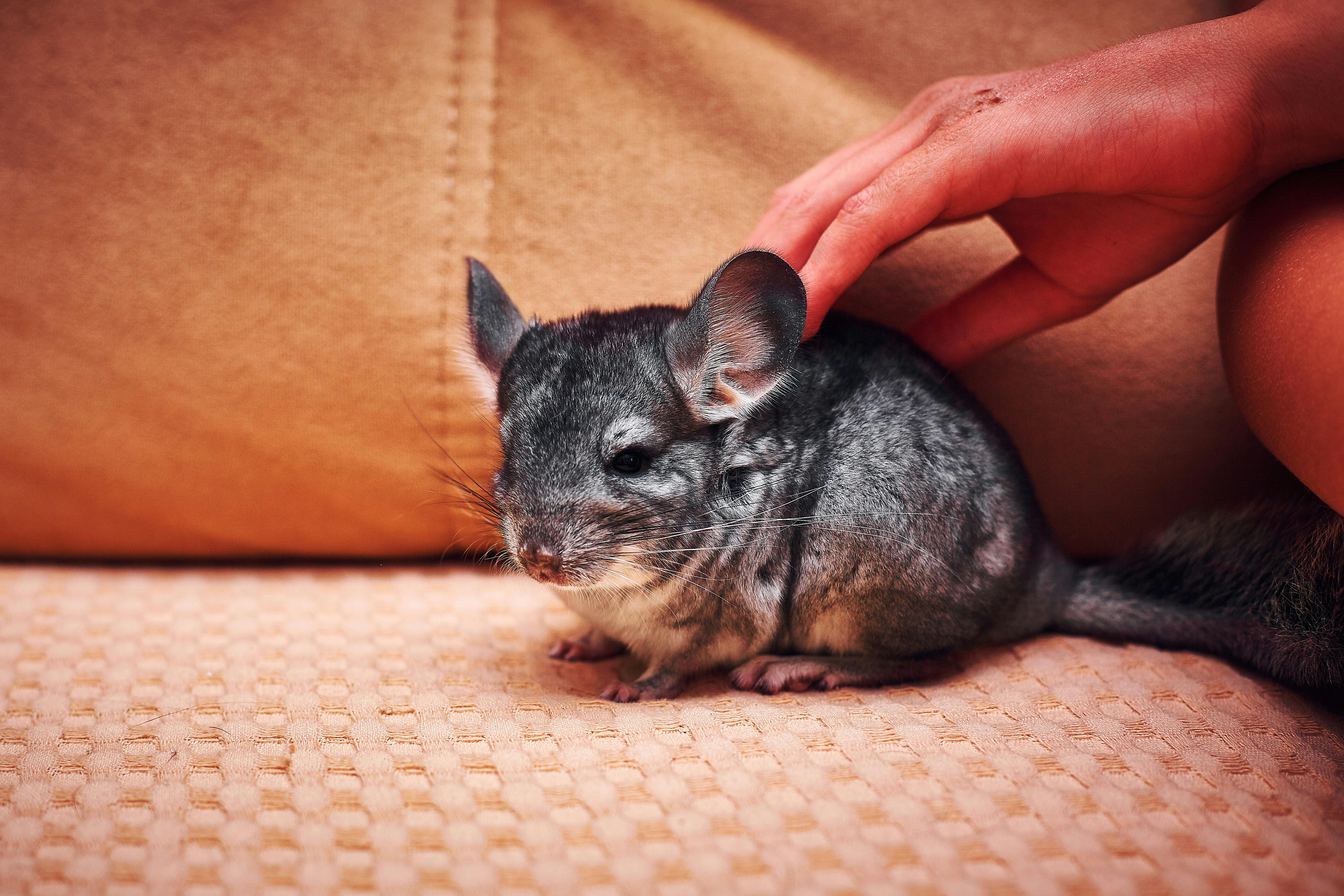Smart Ways to Optimize Small Pig Breeds for Better Farming in 2025!

Essential Guide to Small Pig Breeds: Discover the Best Options for 2025!
Small pig breeds are becoming increasingly popular as pets, companions, and even for small-scale farming. As we approach 2025, understanding these miniature pig breeds can help potential pig owners find the perfect fit for their lifestyles. This guide will explore various pet pig breeds, shedding light on their care, characteristics, and compatibility as family members.
Understanding Small Pig Breeds
When choosing the right small pig breed, it's essential to consider the unique traits of each. Among the most common small pig breeds are the Vietnamese potbellied pig, the American Miniature pig, and the Kunekune pig. These breeds exhibit a range of temperaments and physical traits, making them suitable for different lifestyles and family dynamics. For instance, while the Vietnamese potbellied pig is known for its docile nature, the Kunekune pig exhibits a somewhat more playful demeanor.
Popular Miniature Pig Breeds
Some miniature pig breeds that stand out include the Yoido pig, known for its affectionate nature and small size, and the Pygmy hog, which is one of the smallest domestic pigs. These pigs often require special considerations and care, as their feeding and health needs can differ significantly from those of larger breeds. Typically, the teacup pig breeds fall within this category, appealing to those who desire a tiny, adorable addition to their family.
Characteristics and Comparisons of Small Pig Breeds
Each pet pig breed offers a unique set of characteristics. For example, the Babydoll pig is known for its charming appearance and gentle temperament, making it an excellent choice for families with children. In contrast, the Saddleback pig is recognized for its utility in homesteading environments. When choosing a breed, it is crucial to research and compare their needs, lifespan, behavior, and overall care requirements. This knowledge can facilitate better decisions for long-term ownership.
Health and Lifespan of Small Pig Breeds
Small pig lifespan varies widely between breeds. Typically, small pigs can live anywhere from 12 to 20 years, depending on care and genetics. Most miniature pig breeds may face health issues, including obesity, skin problems, and dental concerns, due to their artificial breeding. Regular veterinary check-ups and a balanced diet are essential in maintaining the health and well-being of these beloved animals. Prospective owners should also evaluate potential impacts on longevity related to each pet pig breed's characteristics.
Caring for Small Pigs
Understanding the right approach to caring for small pigs is essential for their health and happiness. Adequate housing and nutrition play critical roles in successful pig ownership.
Feeding Miniature Pigs
Proper nutrition is integral to raising healthy mini pigs. Their diets typically consist of high-fiber foods like hay, along with appropriate pig feed. Owners should avoid overfeeding, as obesity is a prevalent issue among miniature pig breeds. It’s also beneficial to introduce supplements and treats carefully, ensuring they align with their dietary needs. Owners must educate themselves about mini pig nutrition to prevent common health issues.
Housing Requirements for Small Pigs
When it comes to housing, small breed pigs require adequate space, ideally in a safe, enclosed area that offers shelter from environmental elements. Building a suitable pig pen involves considering factors such as climate, space for exercise, and social interaction. Indoor pigs, for instance, will require a designated space, ensuring they can still exhibit natural behaviors. This adjustment will help maintain their physical and mental well-being, offering structured guidelines for homes with indoor pig breeds.
Training Pet Pigs
Training pet pigs can be a rewarding experience. Techniques often draw from traditional dog training methods, emphasizing positive reinforcement. It is crucial to start training early, focusing on essential commands and potty training. Additionally, socialization is key to developing well-adjusted pigs that can thrive in various environments. Every owner should set realistic expectations, recognizing that patience is necessary when building a strong bond with their pigs.
The Benefits of Keeping Small Pigs as Pets
Many individuals and families consider adopting small pigs due to the various benefits they bring as companions. These unique animals can foster personal satisfaction and emotional connections.
Companionship and Emotional Support
Pigs have been shown to thrive on companionship. Their sociable nature makes them ideal pets for both single individuals and families. They exhibit affectionate traits and loyalty, much like dogs or cats, contributing positively to mental and emotional health. This is particularly relevant for therapy practices, where miniature pigs for therapy have emerged as effective emotional support animals. By fostering these pig-human bonds, owners can increase overall satisfaction in pet ownership.
Cost and Legal Considerations
The cost of small pigs varies based on breed, location, and initial care needs. Assessment of ongoing care, food, and veterinary expenses should also be made. Furthermore, before bringing a pig home, potential owners must research local regulations that govern small pig ownership, which can vary dramatically. Understanding these legal considerations is crucial to ensure a healthy, legal, and fulfilling experience in mini pig ownership.
Social Dynamics and Integration
Once in a home, pet pig breeds often need time to acclimate to their new environment and family members. Proper introductions help calm any initial anxiety and allow pigs to establish their spots within the home's social hierarchy. Observing their social behavior is important: pigs are sentient beings with their unique language and emotional needs. Recognizing the signs of stress or discomfort can support an amicable environment both for humans and pigs alike.
Key Takeaways
- Research your chosen small pig breed for behavioral traits and care needs.
- Establish proper housing and nutrition to ensure happy and healthy pigs.
- Understand local regulations regarding pig ownership and prepare accordingly.
- Implement early training routines for effective development and companionship.
- Assess the long-term commitment and emotional connections associated with owning a pig.
FAQ
1. What is the lifespan of miniature pigs?
The average lifespan of miniature pigs can range between 12 to 20 years. Factors such as breed, care quality, and individual health can significantly influence longevity. Owners should prioritize regular veterinary visits and appropriate care to help ensure a healthy life span.
2. Are small pigs suitable for families with children?
Yes, many pet pig breeds are known for their friendly disposition and can be suitable for families with children. Breeds like the Babydoll pig exhibit gentle behavior, making them excellent companions for kids. However, supervision during interactions is essential to ensure safe experiences.
3. What are the primary care needs for small pigs?
Small pigs require regular veterinary care, including vaccinations and routine check-ups. Additionally, they need a balanced diet, adequate housing, and social companionship to thrive. Proper education on caring for small pigs is crucial for successful ownership.
4. Can I raise a mini pig in an apartment?
While small pigs can adapt to apartment living, they require ample space to exercise and explore. Owners should invest time in training and providing enrichment activities to promote their physical and mental health. It's important to evaluate small pig exercise needs before committing to apartment life.
5. What should I consider before adopting a small pig?
Before adopting a miniature pig, prospective owners should research breed characteristics, care needs, and local laws related to pig ownership. Understanding the financial and time commitments is essential for a rewarding pig ownership experience.
6. Are there health issues commonly seen in miniature pigs?
Yes, miniature pigs face various health issues, with obesity being the most prevalent. They can also develop dental problems and skin conditions. Ensuring proper veterinary care for pigs and a healthy diet will help mitigate these risks for happy, healthy pigs.
7. What are the differences between mini pigs and micro pigs?
While both terms refer to smaller swine varieties, micro pigs are typically dwarfed versions of other breeds,, often marketed as being smaller than average. In contrast, miniature pigs may include various breeds, including the likes of teacup pig breeds. Therefore, it’s crucial to clarify definitions and characteristics before deciding.

